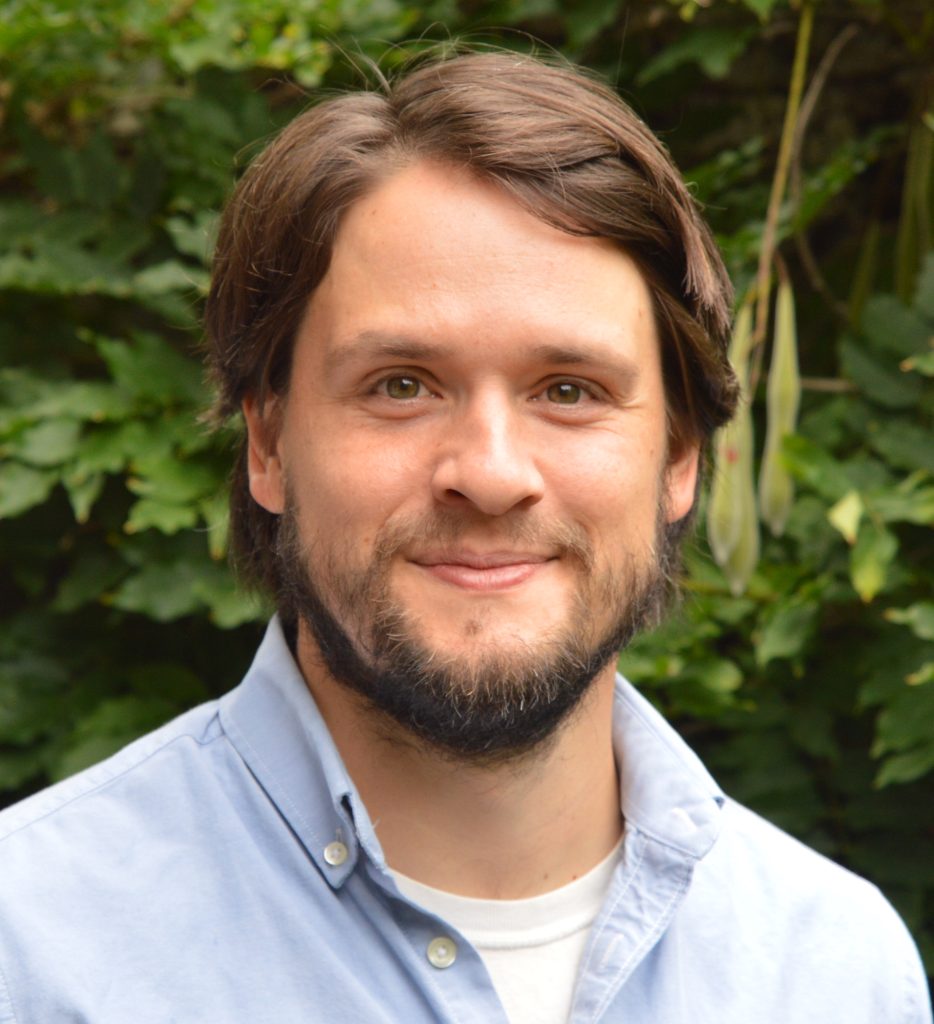
2021 Recipient
Name: James Crall
Department: Entomology
Position: Assistant Professor
Project Title: Using computer vision to study native bumble bees in Mexican agroecosystems
Project Location: Mexico
Project Description: Bees and other pollinating insects are critical to supporting biodiversity and global food productivity. Roughly a third of global food-production comes from pollinator-dependent crops, with insects (especially bees) providing the vast majority of pollination services. Pollinator-dependent crops include many fruits, nuts, and vegetables that are rich in micronutrients and thus especially important for human health. Declining bee population – driven by changing environmental conditions across the globe – thus pose a direct threat to food production and human health globally. However, critically knowledge gaps remain in our understanding of how environmental stressors such as novel agrochemicals and extreme temperatures impact the many species of bees critical for food production. These knowledge gaps in turn limit our ability to design effective interventions to conserve bee populations and ensure effective pollination in agroecosystems.
For this project, James applied methods currently being developed in his lab to better understand the effects of environmental stressors on a bumble bees in Mexico. By establishing the groundwork for a collaborative, international research program investigating the health and management of bumble bees in Mesoamerican ecosystems he was able to conduct pilot experiments assessing the applicability his methodology. This project was conducted in collaboration with Dr. Rémy Vandame at El Colegio de la Frontera Sur in Chiapas, Mexico.

2022 Recipient
Name: Bradley Bolling
Department: Food Science
Position: Professor
Project Title: Developing a Colombian-Wisconsin food and health research partnership
Project Location: Colombia
Project Description: The importance of food and health spans global research networks. The US and Colombia have increasing rates of chronic disease that decrease life expectancy and quality. While diet is recognized as a tool for preventing chronic disease, the specific underlying mechanisms are not well-described. Furthermore, the lack of mechanistic studies and human interventions limit the ability to make recommendations for improving outcomes for those diagnosed with chronic disease.
The objective of this project was to initiate a scholarly exchange with the Universities of Manizales and the University of Caldas in Manizales, Colombia. These universities have distinct agricultural and nutrition-focused programs and research facilities that could enable a productive and impact research collaboration in food and health. This project included a trip to Manizales, Colombia for the Bolling research group to tour research and clinical facilities. Research activities since have focused on dietary inhibition of chronic inflammation associated with obesity and collecting information and preliminary data for research proposals.
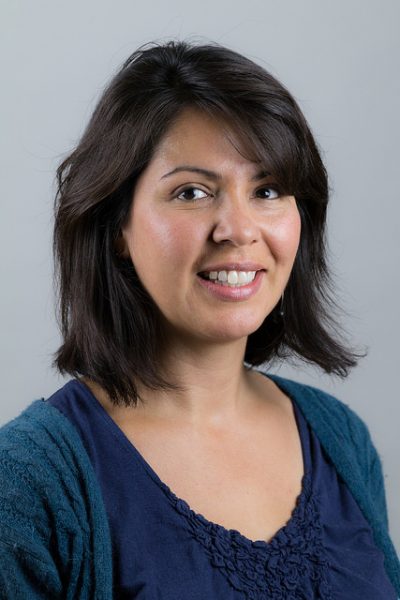
2022 Recipient
Name: Claudia Irene Calderón
Department: Plant & Agroecosystem Sciences
Position: Teaching Faculty II
Project Title: Pilot program for a ‘Campesino a Campesino’ (farmer to farmer) exchange of agroecological-based practices in Guatemala
Project Location: Guatemala
Project Description: Small-scale agriculture in Guatemala entails, among other things, both the basis for national food supplies (Isakson, 2013) and a reservoir for traditional knowledge on natural biodiversity, soil management, water cycle regulation, and native plant species use and conservation. Agroecology is rooted in both science and knowledge and practice of smallholder farms. It comprises a set of production practices adapted to local contexts that are tailored to small-scale agriculture. Despite various social efforts to promote agroecology in Guatemala, at the national level there is still insufficient leverage to bring about favorable outcomes in creating a cohesive agroecological movement that can provide alternatives to the conventional narratives of agricultural development.
This project proposed a pilot Campesino a Campesino exchange of agroecology-based practices among producers from Chiquimula (eastern Guatemala) and San Marcos (western Guatemala). Four on-farm demonstrations were held in both Chiquimula and San Marcos. These demonstrations were led by farmers from the respective region and exposed guest participants from the other region to sustainable practices and entrepreneurial projects that those farmers had successfully implemented.
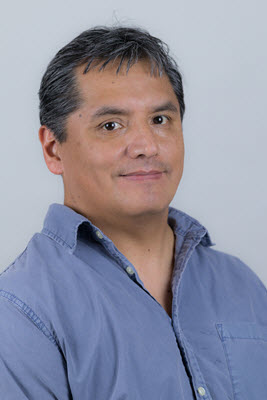
2023 Recipient
Name: Alfonso del Rio
Department: Plant and Agroecosystem Sciences
Position: Scientist
Project Title: Developing new graduate programs in plant sciences at the Universidad Nacional Toribio Rodriguez de Mendoza (UNTRM), Amazonas, Peru with UW-CALS as international partners
Project Location: Peru
Project Description: This project was used to develop synergies and advise colleagues at the Universidad Nacional Toribio Rodriguez de Mendoza (UNTRM) in the process of preparing, evaluating, and submitting a grant proposal sponsored by the Peruvian government through Concytec. UNTRM is a public university located in the rainforest region of Peru. Enhancing educational opportunities in this region an allow important economic and social progress in a place in Peru where very limited options exist.
The main objective of this project is to strengthen the country’s capacity building for creation and application of knowledge and to have a new generation of scientists highly prepared to work in strategic areas. The grant proposal was developed with CALS as a partner and provided opportunities for members of UW faculty and staff to be involved as advisors to graduate students.
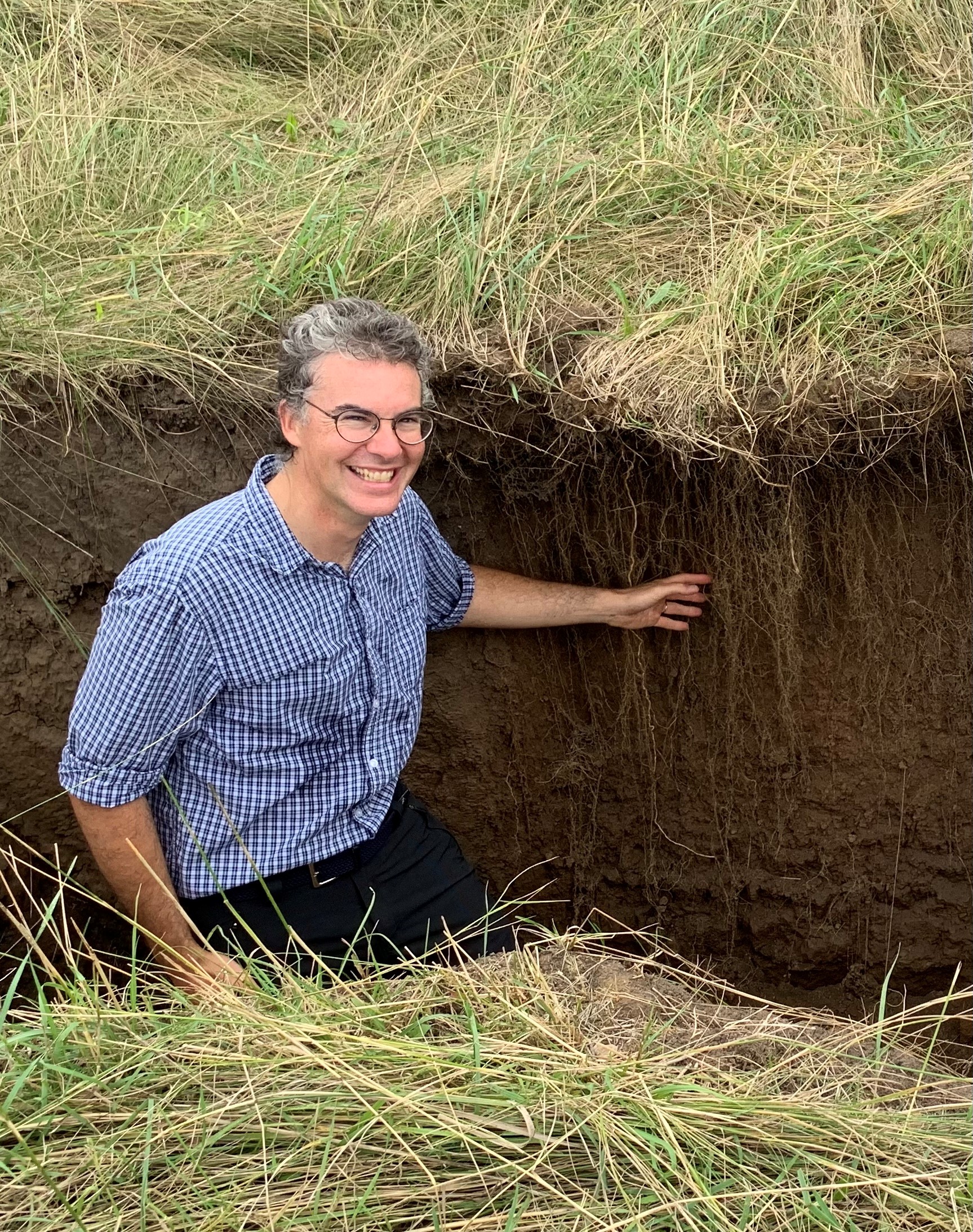
2023 Recipient
Name: Valentin Picasso
Department: Plant and Agroecosystem Sciences
Position: Professor
Project Title: Perennial Interdisciplinary Center for Agriculture Sustainability in South America (PICASSA)
Project Location: Uruguay
Project Description: Agricultural systems based on annual crops dominate the world landscapes but have negative environmental consequences. Agricultural sustainability may be improved by integrating perennial crops. This project developed a research, education, and extension center for promoting agricultural sustainability via perennial cropping systems in South America. This project involved partners from the University of Buenos Aires and CONICET in Argentina, PUCC in Chile, and UDELAR in Uruguay.
The project aimed to develop a 5i center for perennial agricultural sustainability in South America, which trained students via an intensive course, coordinated interdisciplinary research, developed grant proposals on perennial grains and communicated the relevance of perennial crops for agricultural sustainability to the general public. By bringing together current researchers and training new generations of researchers, perennial grain crops for agricultural sustainability was promoted throughout South America.
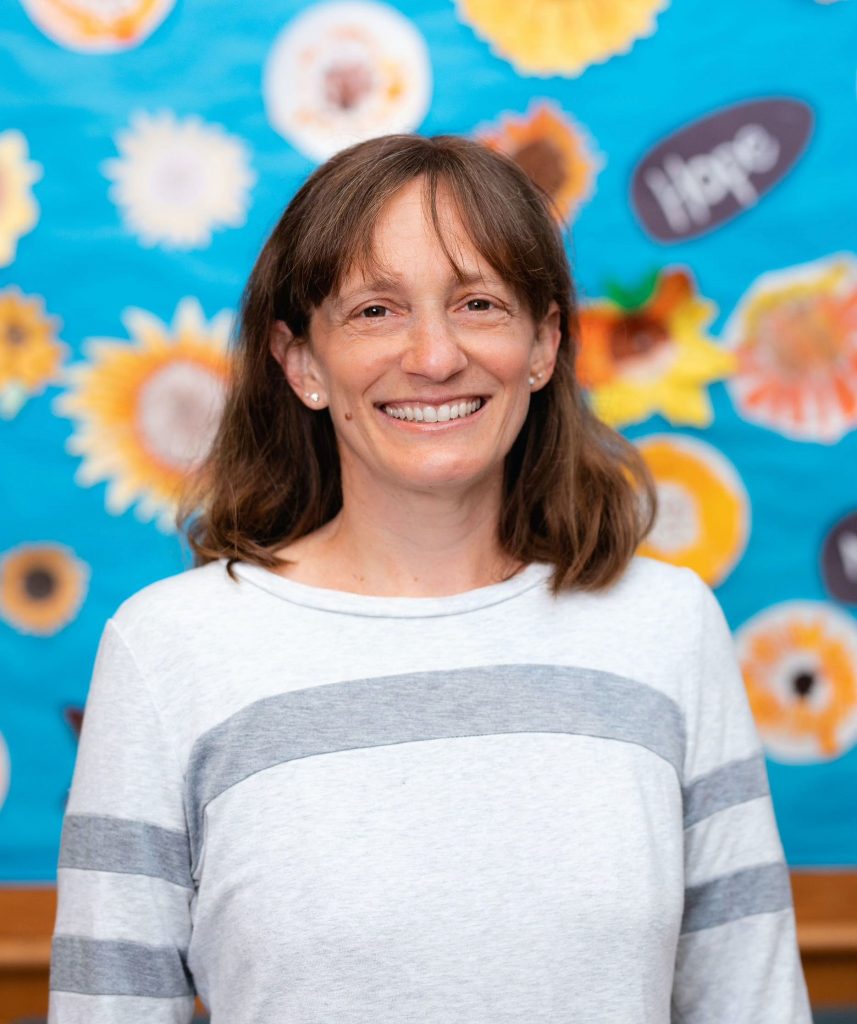
2024 Recipient
Name: Erica Phillips
Department: Nutritional Sciences
Position: Assistant Research Professor
Project Title: Community-based Diabetes management: Formative Research for Intervention Design
Project Location: Tanzania
Project Description: The prevalence of type 2 diabetes was 4.5% (24 million people) in Africa in 2021 and is predicted to increase by 129% by 2045 (WHO Africa Region, 2023). In Tanzania, diabetes prevalence 10.3%, with high rates of complications due to late diagnosis and lack of or poor treatment (Stanifer et al., 2016). There is an unmet need to strengthen community-based interventions that aim to promote behavior modification for long-term diabetes management.
This project explored means to improve long-term adherence to dietary modification and medication when prescribed. The objectives were to design a relevant and feasible intervention to improve the health and diets of diabetic patients by conducting formative research. This research helped identify facilitators and barriers to uptake and persistence of dietary modifications and medication adherence recommended through current nutrition and health education in two urban and two rural health centers in northern Tanzania. This project also explored the feasibility of promoting home gardens to increase consumption of locally appropriate healthy diets and One Health linkages through collaboration with the World Vegetable Center in Arusha, Tanzania.
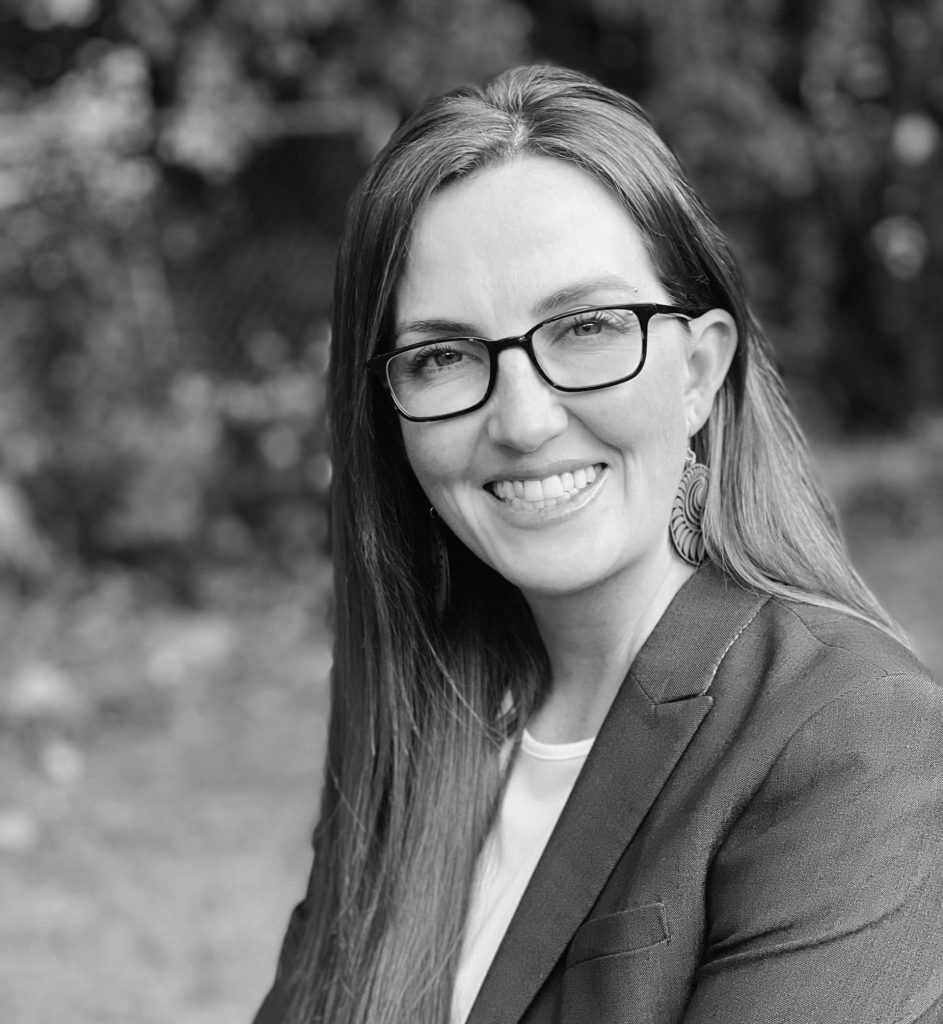
2025 Recipient
Name: Valerie Stull
Department: Community and Environmental Sociology
Position: Faculty Associate
Project Title: Addressing Gender Equity through Multispecies Grazing in South Africa: An Exploratory Study
Project Location: South Africa
Project Description: While overgrazing can damage land, well-managed grazing enhances ecosystem health. Farmers who carefully move herds can benefit from improved vegetation and animal nutrition, water quality, and higher profits. Small livestock are typically not integrated in managed grazing, but doing so could benefit women and soils.
South Africa faces persistent poverty and food insecurity, exacerbated by climate perturbations, soil loss, invasive species, and inequality. Multispecies grazing combines animals with different grazing habits and could be advantageous, enhancing soil fertility and soil carbon, increasing the carrying capacity of velds, controlling weeds, and stimulating plant growth. It is considered one of the best choices animal producers can make to bolster both ecological and economic sustainability, yet its implementation in low-income communities across South Africa is extremely low.
To change the status quo, this project aimed to build on existing collaborations between UW-Madison and the South Africa based NGO, the Kidlinks Small Farm Incubator to explore the real world application of multispecies grazing techniques in two communities in the Eastern Cape of South Africa. This project included a pilot-test of a short gender-sensitive, hands-on, multispecies grazing curriculum and a preliminary evaluation of its success with two inaugural cohorts. This will be used to inform real world multispecies grazing agricultural development programs in the future.
